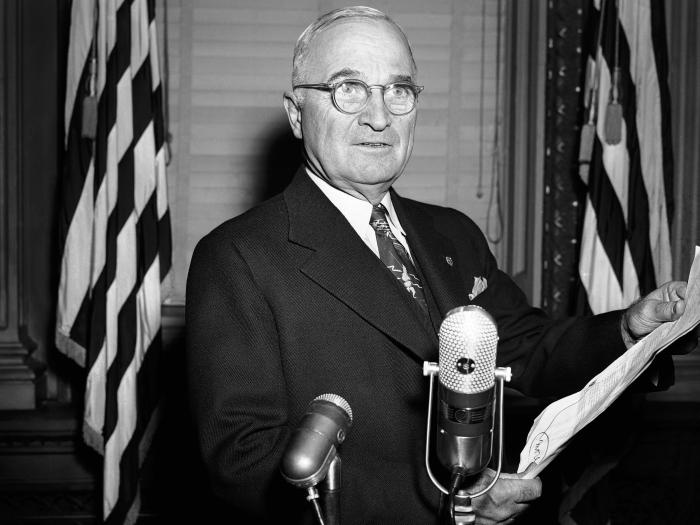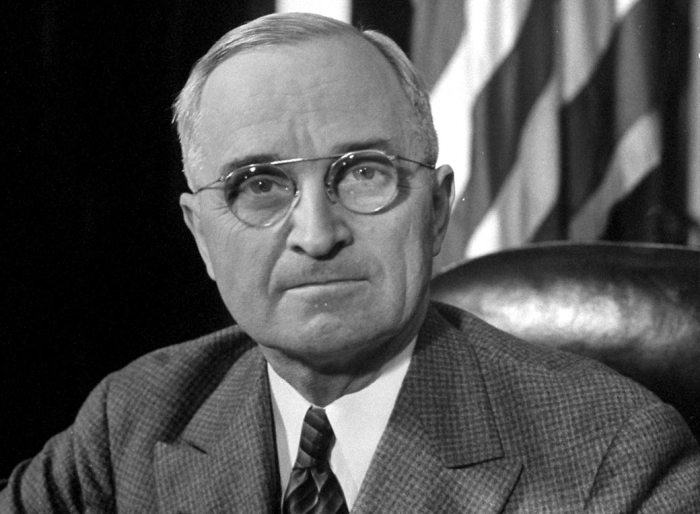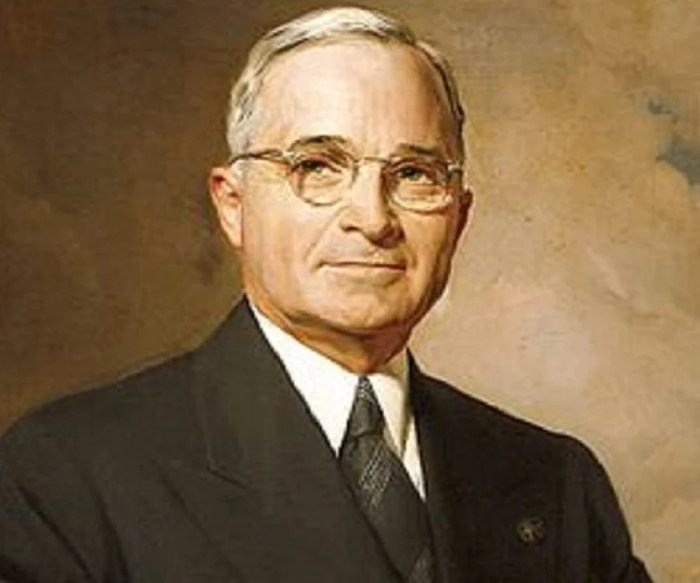What american politician became vice president because he opposed communism – In the midst of the Cold War’s escalating tensions, what American politician ascended to the vice presidency on a platform of unwavering opposition to communism? The answer lies in the captivating tale of Alben Barkley, a staunch anti-communist whose unwavering principles propelled him to the second-highest office in the land.
As the political landscape shifted during the Cold War era, anti-communist sentiment surged through the United States, shaping the trajectory of American politics. In this climate, Henry Wallace, a progressive challenger, emerged as a vocal critic of President Truman’s Cold War policies.
However, it was Truman’s running mate, Alben Barkley, who would ultimately triumph as vice president, thanks in no small part to his unwavering support for Truman’s anti-communist stance.
Political Landscape during the Cold War
The Cold War era marked a period of intense ideological conflict between the United States and the Soviet Union. The political climate in the United States was characterized by a heightened sense of fear and suspicion towards communism.
The Truman Doctrine, announced in 1947, pledged American support for countries resisting communist expansion. This policy led to a surge in anti-communist sentiment and the establishment of the House Un-American Activities Committee (HUAC), which investigated alleged communist infiltration in American society.
Henry Wallace: The Progressive Challenger
Henry Wallace, a former Vice President under Franklin D. Roosevelt, emerged as a prominent critic of Truman’s Cold War policies. Wallace believed that the Truman Doctrine was unnecessarily aggressive and would lead to a nuclear war.
In 1948, Wallace launched a third-party presidential campaign on the Progressive Party ticket. His platform called for a peaceful resolution to the Cold War, recognition of the Soviet Union, and increased social welfare programs.
Truman’s Running Mate: Alben Barkley

Alben Barkley, a Democratic Senator from Kentucky, was Truman’s running mate in the 1948 election. Barkley was a staunch supporter of Truman’s Cold War policies and had a reputation as a skilled orator and political operator.
Barkley’s presence on the ticket helped Truman secure the support of Southern Democrats, who were wary of Wallace’s progressive views.
The 1948 Election: A Clash of Ideologies

The 1948 presidential election was a referendum on the Cold War. Truman and Barkley campaigned on a platform of strong anti-communism, while Wallace’s Progressive Party advocated for a more conciliatory approach.
The election was closely contested, with Truman ultimately winning by a narrow margin. Wallace’s third-party candidacy drew votes away from Truman, but it also helped to legitimize the Progressive Party and its anti-war message.
Barkley’s Legacy: A Stalwart Anti-Communist: What American Politician Became Vice President Because He Opposed Communism

Barkley served as Vice President for two terms under Truman. He was a staunch supporter of Truman’s foreign policy, including the Korean War and the Truman Doctrine.
Barkley’s legacy as a staunch anti-communist was cemented by his role in the Senate’s condemnation of Senator Joseph McCarthy’s accusations of communist infiltration in the State Department.
Essential Questionnaire
Who was Alben Barkley?
Alben Barkley was an American politician who served as the 35th Vice President of the United States under President Harry S. Truman.
What was Barkley’s political stance on communism?
Barkley was a staunch anti-communist and a strong supporter of Truman’s Cold War policies.
How did Barkley’s anti-communist stance contribute to his political success?
Barkley’s anti-communist stance resonated with the American public during the Cold War era, helping him secure the vice presidency in the 1948 election.
What was Barkley’s legacy as vice president?
Barkley’s legacy as vice president is marked by his unwavering support for Truman’s anti-communist foreign policy and his contributions to the Korean War effort.
